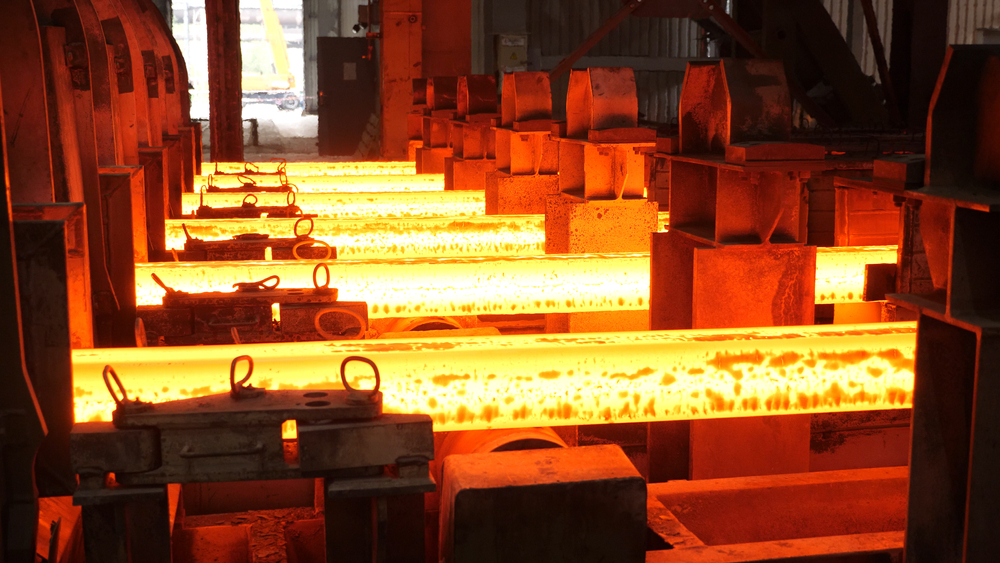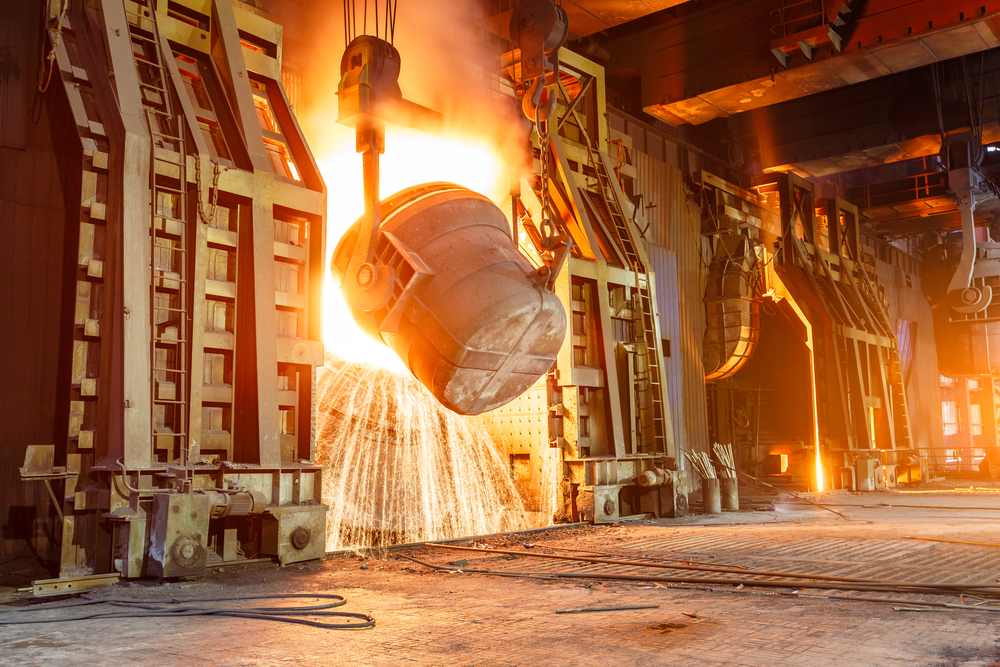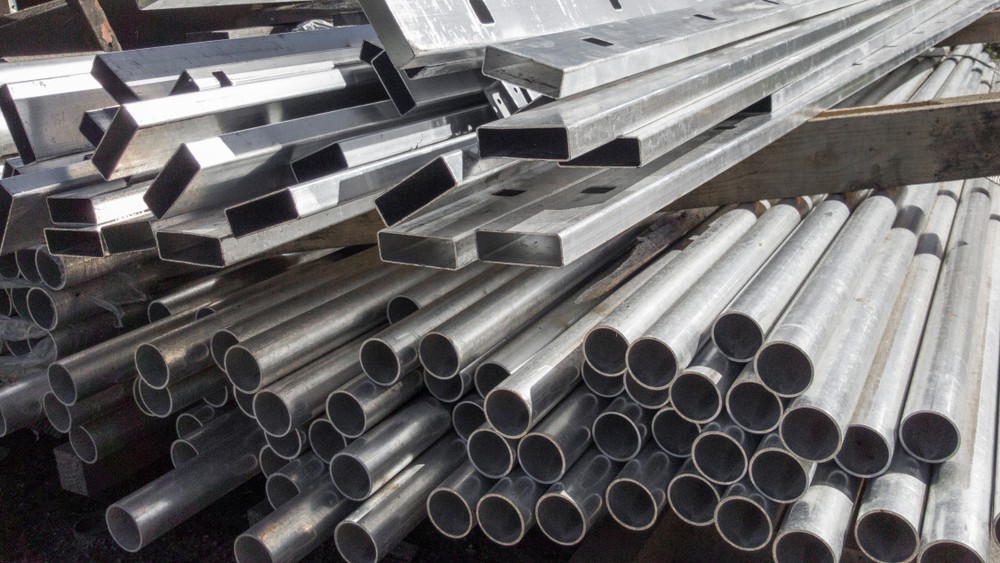Domestic Manufacturing Nets Another Big Win With Infrastructure Steel Requirements

Since its passage late last year, the Bipartisan Infrastructure Law has brought a series of positive announcements for domestic manufacturers. The latest comes directly from the White House, mandating that any material purchased for infrastructure improvement projects must be produced in the United States. It’s a major win for domestic industry, and it could make the $1.2 trillion infrastructure reinvestment stretch a little further.
Federal dollars will support U.S. manufacturing
According to an announcement from the White House, any materials used for infrastructure improvement projects funded by the $1.2 trillion bipartisan infrastructure package must come from a domestic producer. The Biden administration hopes this will keep money in the economy, reduce reliance on imports, ease supply chain issues, and create more jobs in the domestic manufacturing sector.
The announcement is a timely one as concern for domestic manufacturing opportunities grows. The latest figures from the Bureau of Labor Statistics show the American manufacturing industry roughly “170,000 jobs short of the 12.8 million factory jobs held in 2019,” and consistently falling. Mandating supply-side reinvestment could be a long-term catalyst for pushing that figure toward expansion in the coming years.

Imported material prices are hitting historic highs
High material prices have been a concern for the better part of a year, and there’s been a noticeable increase in prices since the beginning of the Russia-Ukraine war. Specifically, the costs of imported lumber, iron, and steel have reached incredible heights, showing signs they’ll continue to rise in the near term. For instance, pig iron prices peaked above $1,000 per metric ton in April, up from $860 to $890 per metric ton in mid-March and $640 to $650 per metric ton at the beginning of the month. As a result, manufacturers have been forced to pass higher production costs on to consumers.
The new domestic material mandate is aimed at curbing material costs and, by association, the inflationary cycle that accompanies them. Moving away from imports will afford domestic producers more cost control and encourage reshoring efforts to reestablish domestic supply chains.
Can U.S. producers keep pace with demand?
While designed to support domestic producers, the success of the new guidance for infrastructure materials sourcing lies in the ability of U.S. producers to keep pace with impending demand. According to the latest ISM report, the manufacturing economy is operating above 78% capacity. Any higher, and excess demand could create a logjam that hinders more than it helps.
In anticipation of this, guidance includes provisions to subvert possible hang-ups. Companies can waive sourcing requirements if:
- Purchasing domestic materials conflicts with public interest.
- The materials cause an increase of more than 25% to a project’s cost.
- The materials are not available in reasonable quantities.
- The materials are of subpar or inferior quality.
Effectively, these waivers ensure no manufacturers are left with higher costs after the new guidance takes effect.

Improving U.S. infrastructure with U.S. materials
At its heart, the Bipartisan Infrastructure Law is a generational piece of legislation designed to reinvest in the U.S.’s most critical infrastructure. It only makes sense for this reinvestment to extend to the domestic producers responsible for providing the materials to make it possible. Now, it’s up to manufacturers to keep pace with increasing demand — a feat proving more difficult than ever in the current economic climate.